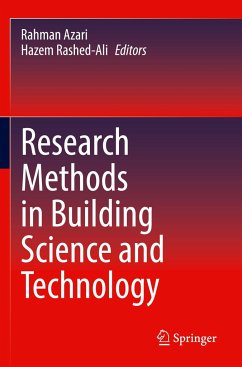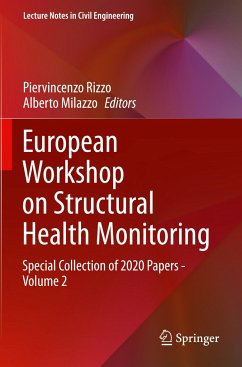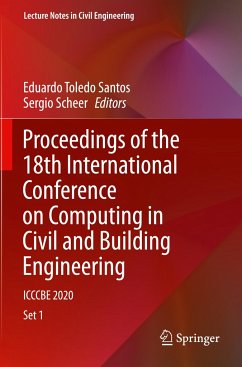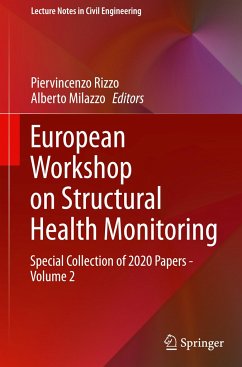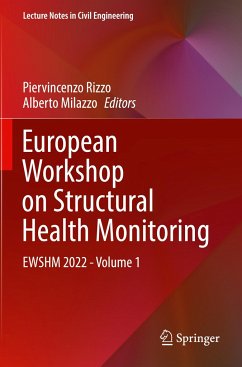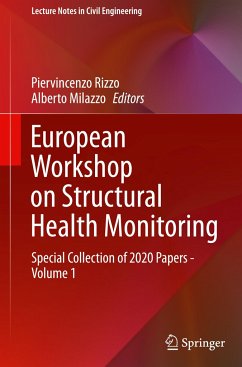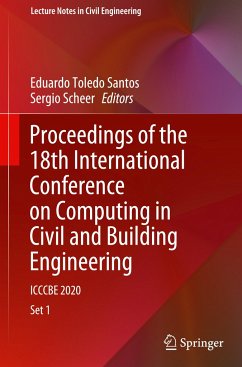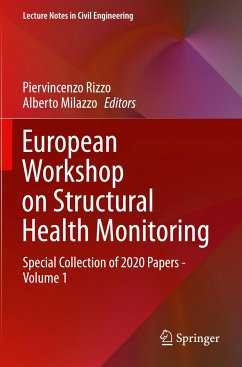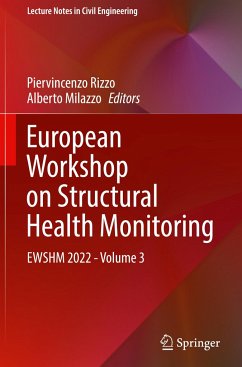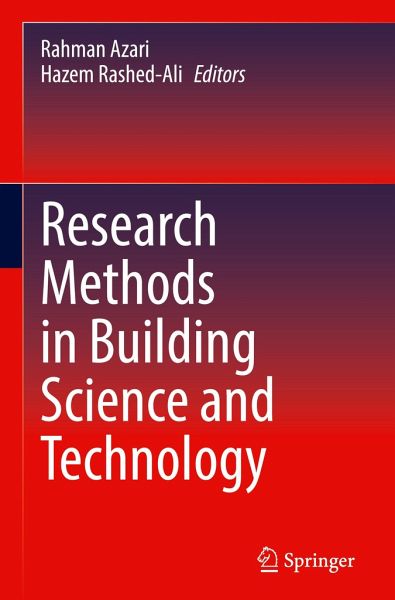
Research Methods in Building Science and Technology

PAYBACK Punkte
83 °P sammeln!
This book covers the range of methodological approaches, methods and tools currently used in various areas of building science and technology research and addresses the current lack of research-method literature in this field. The book covers the use of measurement-based methods in which data is collected by measuring the properties and their variations in 'actual' physical systems, simulation-based methods which work with 'models' of systems or processes to describe, examine and analyze their behaviors, performances and operations, and data-driven methodologies in which data is collected via ...
This book covers the range of methodological approaches, methods and tools currently used in various areas of building science and technology research and addresses the current lack of research-method literature in this field. The book covers the use of measurement-based methods in which data is collected by measuring the properties and their variations in 'actual' physical systems, simulation-based methods which work with 'models' of systems or processes to describe, examine and analyze their behaviors, performances and operations, and data-driven methodologies in which data is collected via measurement or simulation to identify and examine the associations and patterns and predict the future in a targeted system. The book presents a survey of key methodologies in various specialized areas of building science and technology research including window systems, building enclosure, energy performance, lighting and daylighting, computational fluid dynamics, indoor and outdoor thermalcomfort, and life cycle environmental impacts.
Provides advanced insight into the research methods and presents the key methodologies within the field of building science and technology.Reviews simulation-based and experimentation/field-based methods of data collection and analysis in diverse areas of building science and technology, such as energy performance, window and enclosure studies, environmental LCA, daylighting, CFD, and thermal comfort.Provides a range of perspectives from building science faculty and researcher contributors with diverse research interests.Appropriate for use in university courses.
Provides advanced insight into the research methods and presents the key methodologies within the field of building science and technology.Reviews simulation-based and experimentation/field-based methods of data collection and analysis in diverse areas of building science and technology, such as energy performance, window and enclosure studies, environmental LCA, daylighting, CFD, and thermal comfort.Provides a range of perspectives from building science faculty and researcher contributors with diverse research interests.Appropriate for use in university courses.



